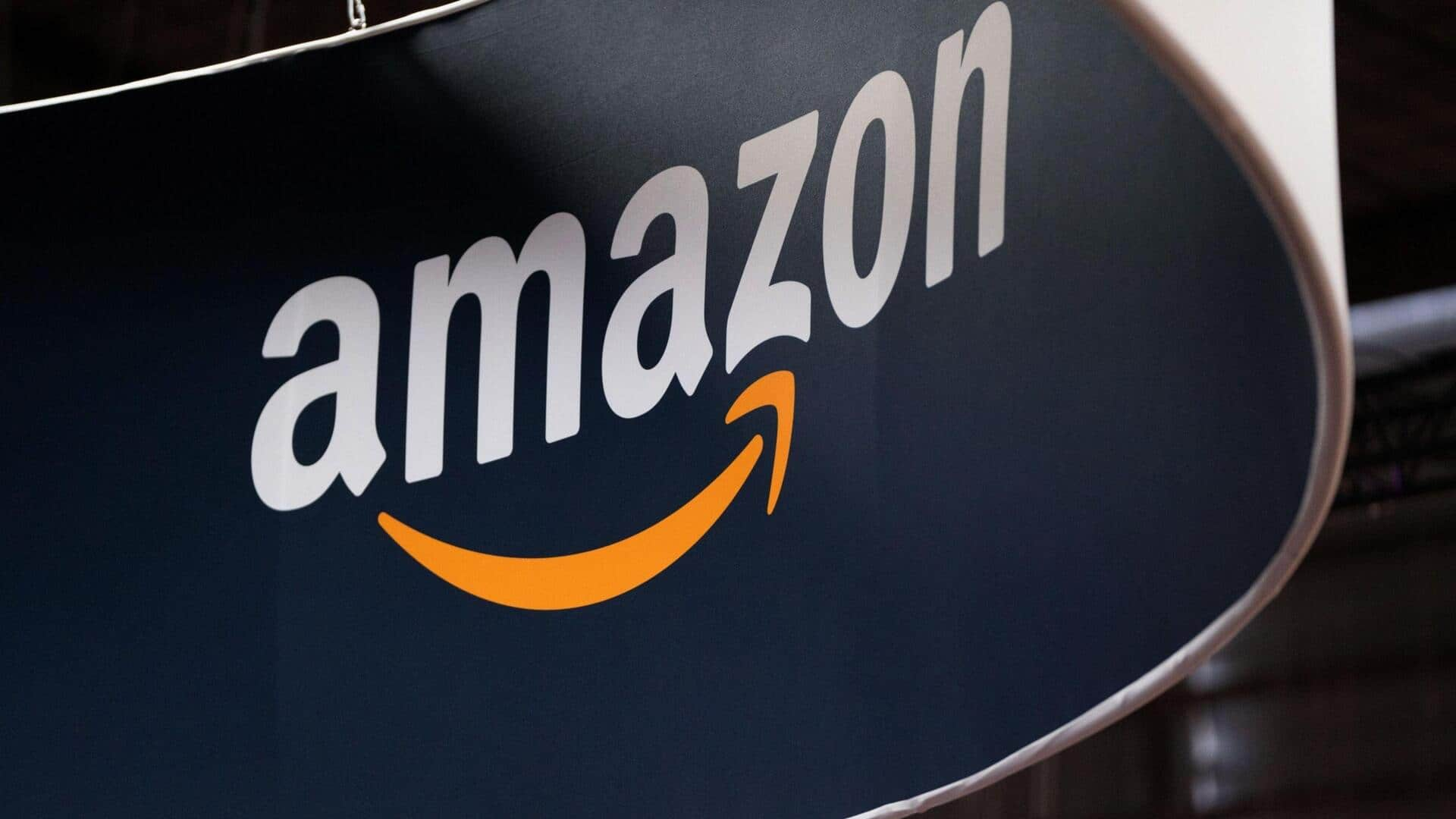
Amazon is targeting $20bn in exports from India by 2025
What's the story
Amazon is working toward a goal of $20 billion (Rs. 1.66 lakh crore) in merchandise exports from India by 2025, as stated by Bhupen Wakankar, Director of Global Trade division at Amazon.
The e-commerce behemoth intends to bring thousands of small sellers on board, concentrating on categories such as beauty, apparel, home, kitchen, furniture, and toys.
Wakankar expressed that the company is inspired by the number of entrepreneurs who joined this year and plans to expand its efforts.
Details
High demand for Made in India products
Wakankar disclosed that there is a huge demand for Made in India organic health supplements, home goods like bath towels and jute rugs, and children's robotic games ahead of the Black Friday Cyber Monday sale.
The 11-day shopping event is anticipated to boost sales of Indian products in countries like the United States, England, Canada, Australia, and Germany.
Notably, India's exports of goods dropped 7% year-on-year during the first seven months of this fiscal year.
What Next?
Over 1 lakh small manufacturers added to Amazon Global Trade
Since its launch in 2015 with just a few sellers, Amazon Global Trade has gained momentum in India.
The business-to-consumer (B2C) exports platform now includes over one lakh small manufacturers selling a diverse array of products to international customers.
Wakankar noted that some sellers are first-time exporters who left their corporate positions to begin e-commerce exports. These small exporters have seen a 70% annual business growth through the e-commerce platform.
Insights
Amazon slashes subscription fees for Global Trade program
In an effort to attract more exporters to its Global Trade program, Amazon has lowered the subscription fees from $120 to $1 for the first three months for those registering before March 31.
The e-commerce platform offers logistics support and access to more than 20 crore Amazon Prime members globally, assisting thousands of small exporters who previously lacked access to international markets.